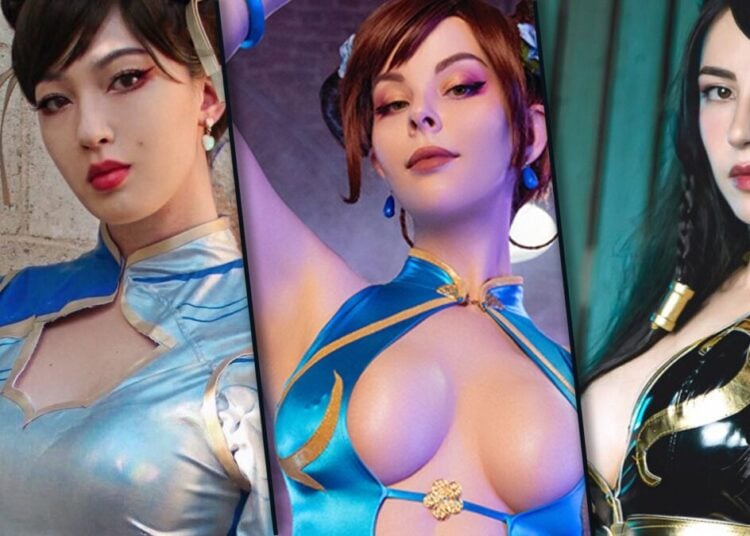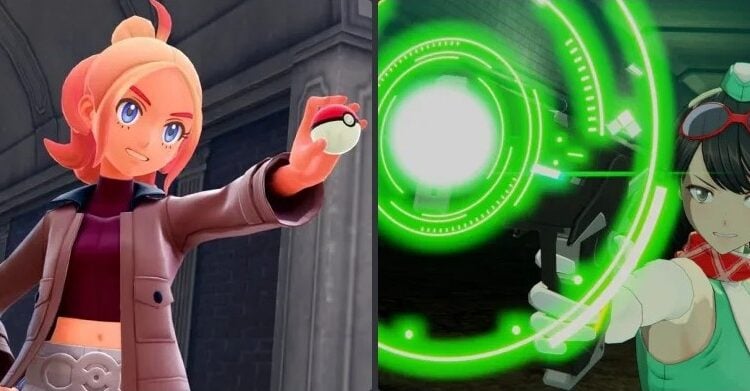In a February 28 Gematsu roundtable, Square Enix producer Naoki “Yoshi-P” Yoshida made comments about the upcoming Final Fantasy XVI’s much darker direction, in a sharp change for what he called a “series about JRPGs, or anime characters, or about teens running off saving the world.” His interview with YouTube channel Skill Up during the same event caught the attention of gamers, however, remarking how the game shouldn’t be called a JRPG at all, believing that for some in Japan, the connotation “was like a discriminatory term.” What ensued wasn’t just an outburst of drama on social media involving shock and mockery around the old G4 series X-Play. It had inadvertently reopened old wounds of both the old JRPG debate and the wider Western vs. Japanese gaming wars. The embers of which, sadly, haven’t faded away.
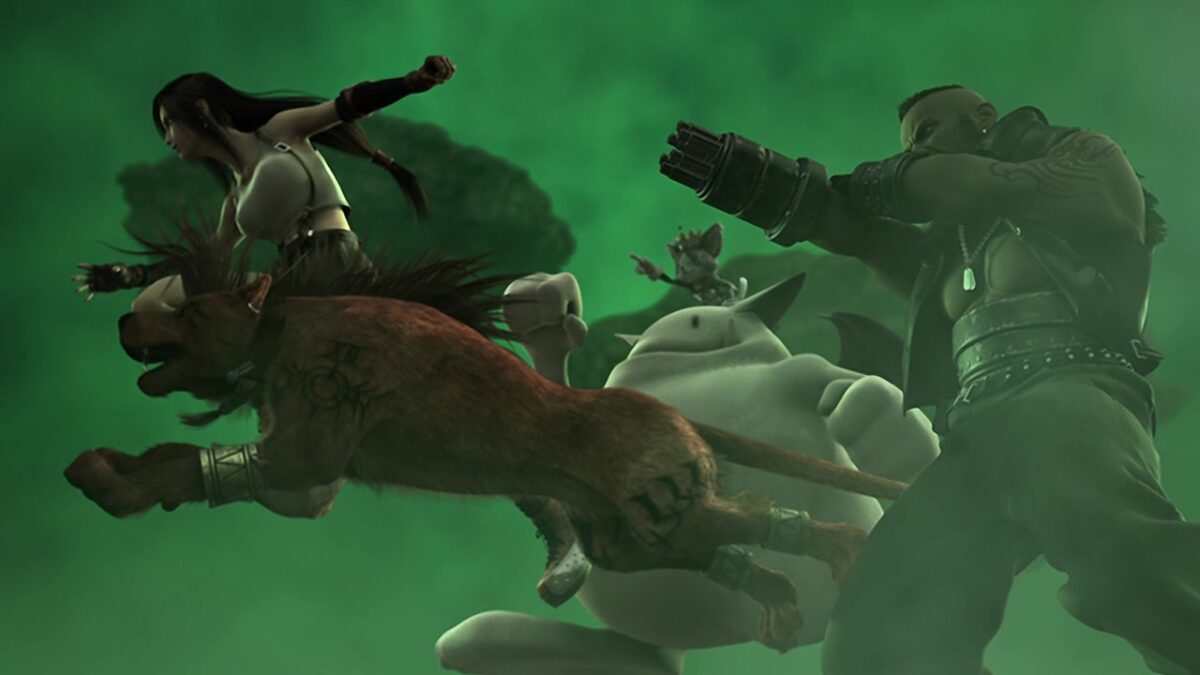
Let us turn back the clock to understand why this is happening now. JRPGs have had a long, storied history going back to the early 1980s, giving rise to now-classic franchises as varied as Shin Megami Tensei, Dragon Quest, Fire Emblem, and, yes, Final Fantasy. Yet the mid-late 2000s, when the “Seventh Generation” consoles (the PlayStation 3, Xbox 360, and Nintendo Wii) came to prominence, saw an almost abrupt shift in tone from lavished praise to varying degrees of disdain that go beyond just a bunch of poorly-aged jokes. It raises the question: what actually happened?
A Problematic War
While it’s still hard to tell what the original catalyst was, by the late 2000s, game journalists were already criticizing JRPGs for being “too traditional” or “too linear,” to say nothing of X-Play‘s mocking jabs. A Destructoid interview with BioWare co-founders Ray Muzyka and Greg Zeschuk from 2009 got the ball rolling, which they would repeat more in-depth a few months later. They complained about how JRPGs were complacent and behind the times with innovations from the West. As quoted by a wholeheartedly in-agreement Anthony Burch:
“The fall of the JRPG in large part is due to a lack of evolution, a lack of progression,” Zeschuk said. “They kept delivering the same thing over and over. They make the dressing better, they look prettier, but it’s still the same experience.
“My favorite thing, it’s funny when you still see it, but the joke of some of the dialogue systems where it asks, ‘do you wanna do this or this,’ and you say no. ‘Do you wanna do this or this?’ No. ‘Do you wanna do this or this?’ No. Lemme think — you want me to say ‘yes.’ And that, unfortunately, really characterized the JRPG.”
It seems like Greg Zeschuk's comment about JRPGs in 2009 was what made it hurt a lot for Japanese devs, especially considering he's the co-founder of Bioware, a studio with games that many of them respected like Baldur's Gate and Neverwinter Nights pic.twitter.com/AhqB19IkiQ
— Dreamboum (@Dreamboum) March 2, 2023
Over the next few years, similar refrains were invoked by game journalists and other personalities, aimed not just at JRPGs but the Japanese gaming industry at large. In 2012, Indie developer Phil Fish infamously declared modern Japanese games “just suck,” presenting his claims as nigh-factual. That same year, Ubisoft creative director Alex Hutchinson claimed that critics were too soft on Japanese titles because of “subtle racism,” and that spotlighting their seemingly problematic issues compared to Western hits like Gears of War was long overdue. All the while describing Japanese game stories as “literally gibberish.”
https://twitter.com/PowerfulHag/status/1631106828213055489
This also impacted at least a sizable number of Japanese developers. When asked by CVG in 2010 about the apparent decline of JRPGs, Resident Evil creator Shinji Mikami mused it was because they “weren’t very popular from the start.” Former Capcom executive Keiji Inafune not only seemed to accept the notion but lamented to Gamespot in 2012 about myopic publishers, malaise, and that they should learn more from the West:
“There are great big franchises like Skyrim, great titles for the iOS, the Call of Duty franchise, of course. But in Japan, there is nothing like Call of Duty or a similar franchise, so there aren’t any titles spending a lot of development costs. There’s nothing big, and no iOS titles that can go global. Though the Western development scene may have its own problems, it’s way healthier than the state of Japan right now.”
On top of denigrating the term JRPG within Japanese circles, especially around Yoshi-P’s company, these merged into a pervasive narrative of decline and stagnation. That some developers like Inafune bought into it not only seemed to lend weight to what gaming publications were saying but also influenced them into dropping what made their titles beloved in the first place in favor of blindly chasing Western trends, with very mixed results.
Fallout and Reality
As early as 2015, writer and Forbes contributor Ollie Barder took aim at a narrative that had become taken for granted by some. He argued that not only were those scathing attacks done in bad faith, but those pushing them had a vested interest:
In any case the ruse was a simple one; avoid direct competition and undermine the culture of your opponent. Western companies had been thoroughly trounced in the previous console generation, as they’d already tried to combat the Japanese games industry head on and come up decidedly short.
Rebranding the competition as somehow culturally invalid meant they could position themselves at the top of a huge PR and marketing war.
While the Japanese console market had reverted to 1990s levels by the mid-2010s, not helped by Sony’s rocky PS3 launch, its titles still managed to make waves domestically and abroad by building upon what they were already doing – whether it’s From Software’s financially successful Souls series or the much more recent successes of Nier Automata, Bayonetta 3 and Octopath Traveler II among seemingly jaded Western audiences. As easy as it might appear to point at the failure of Square Enix’s Forspoken this year, the notion of Japan’s gaming industry in decline is increasingly questioned in contrast to what’s being churned out by the likes of BioWare and Ubisoft, with some wondering whether that downfall ever happened at all.
https://twitter.com/Lumino_Via/status/1631063441015275521
This didn’t stop some from trying to keep the wars going. One example is a 2018 interview with YIIK developer Andrew Allanson proclaiming how Western indie creators like himself are pushing JRPGs forward, which does a disservice to indie works like Symphony of War: The Nephilim Saga, which are sincere love letters to the genre. Others have indulged in political and intellectual grandstanding, whether it’s agreeing that JRPGs should be retired as an “archaic term” or slyly chastising Yoshi-P for self-loathing. Then, there’s how publications like IGN, which touted “Japan’s decline,” are now jumping on the “Japanese renaissance” bandwagon, riding off the successes of people like Castlevania and Bloodstained creator Koji Igarashi.
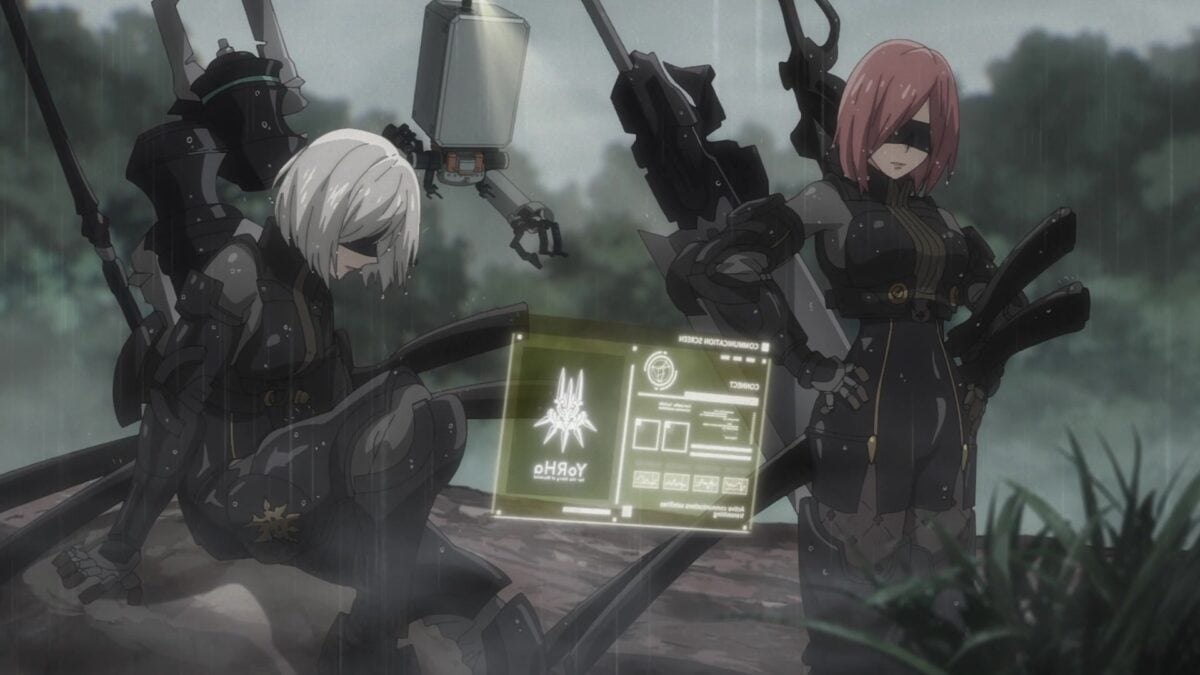
At best, such antics betray a patronizing mindset, as if those pushing them always had the best interests of Japanese developers in mind. As highlighted by commentators as politically divergent as Devon “ShortFatOtaku” Del Vecchio and Jim Sterling, however, these also come off as racist and disingenuous. By painting Japan as somehow inferior to whatever’s deemed “progressive,” for financial or ideological gain, they’ve gaslit a stigma that’s contributed to an atmosphere of toxicity and ironic bigotry. Beyond jabs or memes, this has also reopened old wounds and risks fostering a new generation of hostility among gamers and developers on both sides of the Pacific.
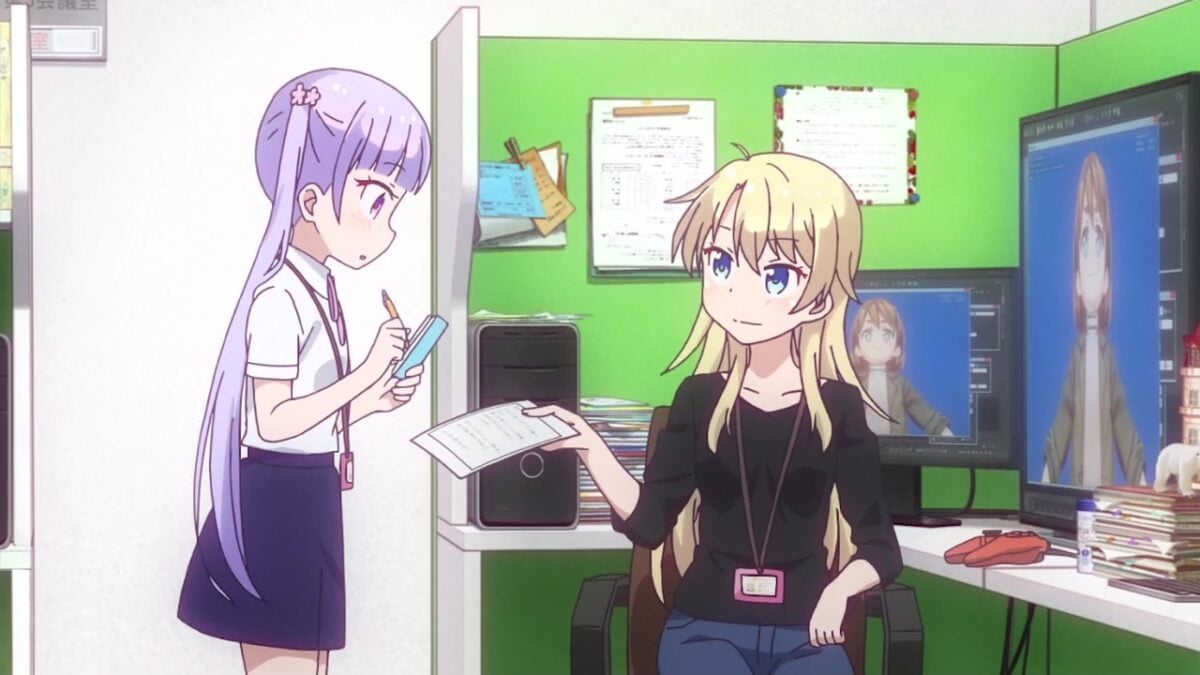
This doesn’t have to end on a sour note, however. JRPGs, and Japanese gaming in general, continue to leave an indelible mark on pop culture, despite the smear campaigns. The things that make them distinct also make them nigh-universally enjoyable for fans everywhere. Perhaps building upon what brings us together may be just as essential as putting to task those responsible for propagating the gaming wars. Still, what are your thoughts on this whole situation? Feel free to add your comments below!
If you want to show your support for JRPGs, you can check out J-List’s Final Fantasy section. Look at this beautiful figure of Aerith!



